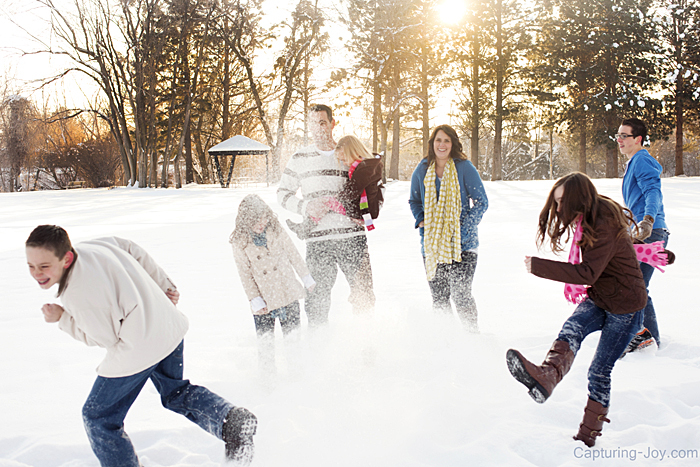
Are you feeling sad? Unusually fatigued? Not motivated to do much? It’s not uncommon to feel the blues by this time of year. The days have been short, overcast and cold, which can impact the best of us.
But could it be more than just a seasonal slump? Seasonal Affective Disorder (SAD), which may also be known as the “winter blues”, is a type of major depressive disorder that occurs during the same season each year, most often in the winter.
Signs and symptoms of SAD may include:
- Feeling depressed most of the day, nearly every day
- Losing interest in activities you usually enjoy
- Sleeping too much or too little
- Changes to your appetite or weight
- Having low energy
- Feeling easily irritated
- Difficulties with concentrating or making decisions
It is not known exactly what causes SAD, but changes to our sleep-wake cycle, neurotransmitter levels and vitamin D may be implicated.
Here are 6 Tips to help Combat the Winter Blues:
Get a good night’s sleep: with longer periods of darkness, our natural sleep-wake rhythms may be disrupted, so it is important to maintain routines. Go to bed and wake up at the same times, make sure your bedroom is dark, quiet and comfortable. Avoid screens within 30-60 minutes of bedtime and avoid oversleeping. If you have difficulties with falling or staying asleep, talk to your ND for support.
Exercise: regular exercise is a great stress buster and can help improve your mood. Go for a walk, try a new exercise class, hit the slopes, yoga, anything that will get you active for 30 min per day. Make it consistent by doing something you enjoy, or make it social – go with a friend or the whole family.
Socialize: we have just come out of the holiday season, likely full of seeing friends and family. Why does that have to stop just because the holidays are over? So call a friend, hang out with your family, have lunch with a coworker, organize a game night, etc anything that keeps you from being isolated.
Mood foods: consume foods that are high in vitamin B6, tryptophan and tyrosine, nutrients that are needed to make serotonin and dopamine, your feel good hormones. These foods may include: fish (also rich in omega-3’s and vitamin D, which are good for your mood – bonus!), poultry, dairy, eggs, legumes, nuts, avocado. A variety of fruits and vegetables also have an array of nutrients like vitamin C, magnesium and folic acid, to support mood and energy.
Get outside: it may seem like the last thing that you want to do, but being in nature can help to lift your mood, so bundle up and get some fresh air! This is especially helpful if you can get out earlier in the day, when the sun is highest in the sky.
See the light: 30 min of light therapy can be helpful in improving symptoms of SAD when used regularly (always read and follow the manufacturer’s instructions). Don’t have an artificial bright light? Make your space lighter by opening curtains, working closer to a window (especially in the morning), cleaning your windows and removing any furniture that may be blocking them or hanging mirrors to reflect the light around the room.

Could your symptoms be due to an imbalance? Talk to your ND about:

Vitamin D testing: living in the northern hemisphere, we are exposed to less sunshine throughout the year which can impact our body’s natural ability to synthesize vitamin D. Low levels can impact our mood and may be implicated in seasonal changes.
Other nutrient and hormone testing: nutrient and hormone imbalances can also affect our mood, so talk to your ND about screening for any tests that would be appropriate for you.
For additional support, please contact me or book an appointment to discuss the optimal treatment plan that is tailored to your needs!
Recipe of the month:

Your 21 Day Challenge: Get outside for at least 5 minutes every day for the next 21 days
My21Days.What will you make of them?
More information coming soon.
In Health,
Dr. Maria
